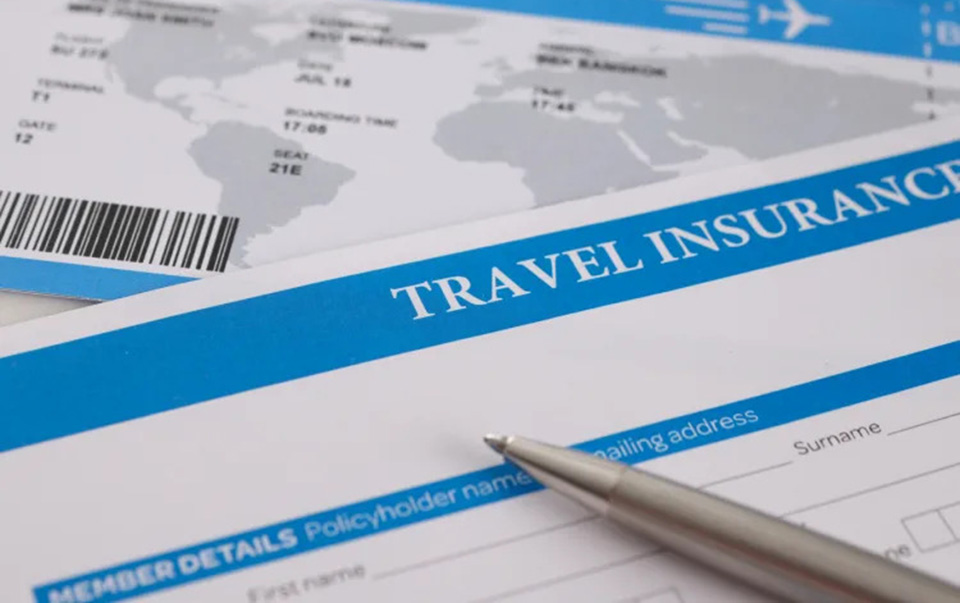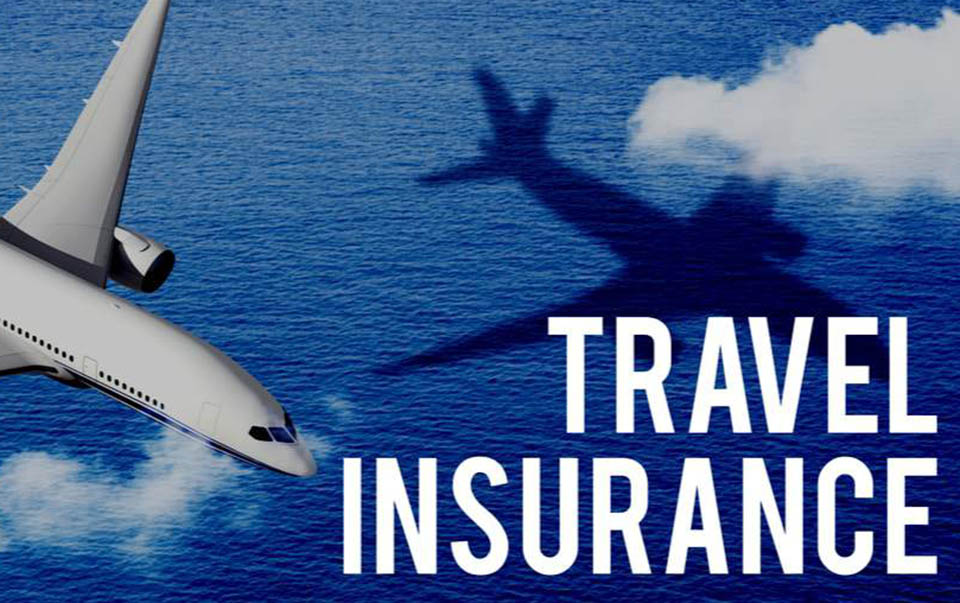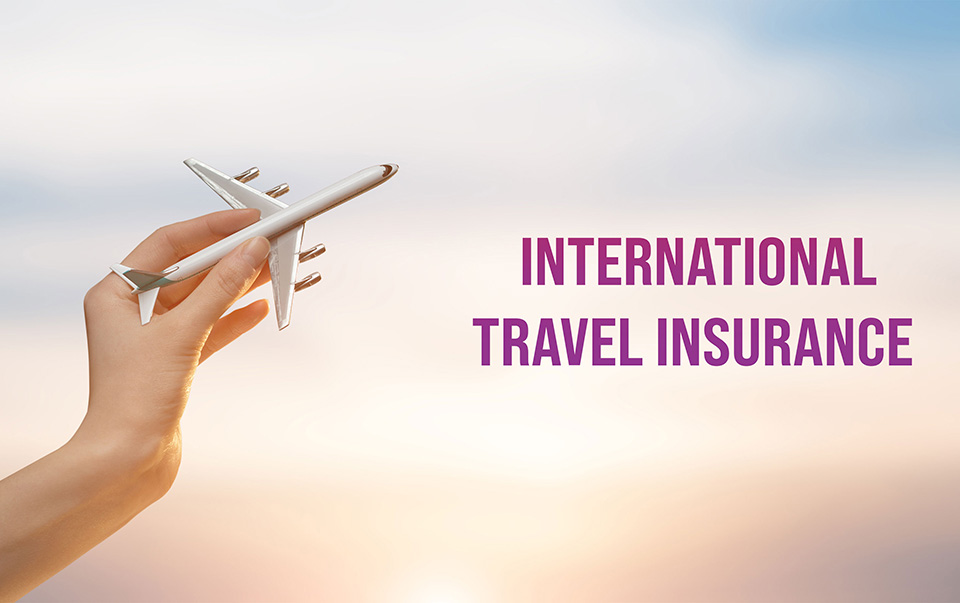Planning a trip to Philadelphia is an exciting endeavor — the city’s rich history, vibrant arts scene, and celebrated culinary offerings are enough to make any traveler eager to pack their bags. Yet, amid all the anticipation, there’s one step that many travelers overlook until it’s too late: securing the right travel insurance.
Travel insurance might not be as exciting as booking your stay at a stylish Old City boutique hotel or planning your visit to the Liberty Bell, but it can be the safety net that protects your investment and ensures peace of mind. Whether it’s an unexpected illness, flight delay, lost luggage, or even an incident while exploring the city, having the right coverage can turn a potential disaster into a manageable hiccup.
In this guide, we’ll explore the essentials of choosing travel insurance specifically for a Philadelphia trip — from understanding coverage types to evaluating plan benefits and comparing providers — so you can focus on enjoying your journey without unnecessary stress.
1. Why Travel Insurance Matters for a Philadelphia Trip
Philadelphia is well-connected by air, rail, and road, making it an accessible destination. However, this also means your trip could be impacted by unpredictable factors — such as airline delays, weather disruptions, or logistical mishaps during layovers. Even a short city getaway can be derailed by situations beyond your control.
Travel insurance serves as a financial safety net. It’s not just for international travel — even domestic trips can benefit from coverage, especially when non-refundable bookings, medical costs, or valuable possessions are involved.
Common scenarios where insurance can help on a Philadelphia trip include:
Flight delays or cancellations caused by storms or airline issues.
Lost or delayed baggage arriving after you’ve checked into your hotel.
Unexpected illness or injury requiring medical care during your stay.
Last-minute trip cancellations due to emergencies at home.

2. Understanding the Main Types of Coverage
Not all travel insurance is the same, and understanding the primary coverage types will help you choose a policy that aligns with your Philadelphia itinerary.
a) Trip Cancellation and Interruption
Trip Cancellation covers prepaid, non-refundable expenses if you cancel for a covered reason (e.g., illness, injury, family emergency).
Trip Interruption applies if you need to cut your trip short and return home unexpectedly.
Especially useful if you’ve booked high-end accommodations or tours in Philadelphia’s cultural attractions, such as the Barnes Foundation or guided city walks.
b) Travel Delay
Reimburses you for meals, lodging, and transportation during significant delays.
Example: If a connecting flight to Philadelphia is delayed overnight, this coverage can pay for your hotel and meals.
c) Baggage Loss, Damage, or Delay
Compensates you for lost, stolen, or delayed belongings.
Important if you’re traveling with expensive items such as cameras for photographing Philly’s historic architecture or electronics for work.
d) Emergency Medical and Dental
Covers treatment costs for unexpected illness or injury while traveling.
Even though U.S. residents may have health coverage, your policy might not extend outside your state or cover certain providers.
e) Emergency Evacuation and Repatriation
Rarely needed in urban settings, but still valuable for emergencies requiring specialized transport.
f) “Cancel for Any Reason” (CFAR)
Optional upgrade that allows cancellation for non-covered reasons.
More expensive but offers maximum flexibility.
3. Factors to Consider When Choosing a Plan
When shopping for travel insurance for Philadelphia, think beyond just price. The cheapest policy may not cover your specific needs.
a) Trip Cost
Calculate the total non-refundable amount you’ve paid: flights, hotels, tours, event tickets, and transportation passes.
b) Duration of Stay
Longer stays might increase your risk exposure and require more comprehensive coverage.
c) Travel Companions
Families might prioritize policies covering children at no extra cost.
Solo travelers may value emergency assistance hotlines and personal safety coverage.
d) Activities Planned
Philadelphia’s urban attractions generally carry low physical risk, but if you plan excursions like cycling tours, boat rides on the Delaware River, or day trips to nearby parks, check for activity-specific coverage.
e) Pre-existing Conditions
If you have ongoing health concerns, look for plans that waive the exclusion for pre-existing conditions if purchased within a set time after your first trip payment.
4. Comparing Travel Insurance Providers
Once you’ve identified your needs, compare providers by:
Coverage Limits – How much the insurer will pay per benefit.
Deductibles – The amount you pay out-of-pocket before coverage kicks in.
Claim Process – Look for 24/7 claims support and easy online filing.
Reputation and Reviews – Feedback from other travelers can highlight strengths and weaknesses.
Customer Service Availability – Immediate assistance can be crucial in emergencies.
Many providers offer online comparison tools, allowing you to filter policies based on your trip details and coverage priorities.
5. Cost Trends for Philadelphia Travel Insurance
The cost of travel insurance is typically calculated as a percentage of your total trip cost — generally between 4% and 10%. Factors that influence price include:
Age of Travelers – Older travelers may face higher premiums.
Length of Trip – More days mean more coverage time, hence higher cost.
Coverage Level – Adding CFAR or high medical coverage increases the price.
Example:
A $1,500, five-day trip for two adults in their 30s may cost around $80–$120 for a mid-tier plan.
Adding CFAR could increase the price by 40–50%.

6. Tips for Booking Your Policy
a) Purchase Early
Buying soon after your first trip payment can qualify you for extra benefits like pre-existing condition waivers.
b) Double-Check Your Existing Coverage
Some credit cards and personal insurance policies already offer limited travel coverage — knowing this can help you avoid paying for duplicate protection.
c) Keep Digital and Physical Copies
Store your policy number, emergency contacts, and claim instructions both on your phone and in print.
d) Understand the Exclusions
Common exclusions include high-risk activities, travel against government advisories, and claims related to alcohol use.
e) Use a Trusted Booking Platform
Well-known travel insurance marketplaces let you compare multiple providers at once, making it easier to see the differences in cost and benefits.
7. Making the Most of Your Coverage During the Trip
Having travel insurance is only helpful if you use it effectively:
Report incidents (lost luggage, theft) to relevant authorities immediately.
Contact your insurer’s emergency line as soon as an issue arises.
Keep all receipts and documentation for claims.
Follow claim submission deadlines closely.
Peace of Mind in the City of Brotherly Love
Philadelphia’s charm lies in its perfect blend of historic significance and modern energy. From strolling along the cobblestone streets of Old City to admiring the Liberty Bell, and from exploring world-class museums to dining in award-winning restaurants, you want every moment of your trip to be worry-free. But as every traveler knows, even the best-planned journeys can face unexpected hurdles — and that’s where travel insurance becomes a game-changer.
Choosing the right travel insurance means ensuring that, should anything go wrong, you won’t be left navigating challenges alone. A delayed suitcase, a sudden illness, or a cancelled connecting flight can turn an exciting adventure into a stressful ordeal. With comprehensive coverage, you gain the resources and support to handle these situations with minimal disruption.
Medical emergencies, for instance, can be costly when you’re far from home. The right policy can cover doctor visits, hospital stays, or even emergency evacuation if necessary. This not only protects your budget but also guarantees you access to quality care without delay. Similarly, trip interruption coverage can reimburse you for unused bookings and help you get home if you need to cut your visit short due to unforeseen circumstances.
Baggage protection is another essential component. Lost or delayed luggage can be inconvenient at best and devastating at worst — especially if it contains essentials for your trip. Insurance can cover the cost of replacing your belongings so you can carry on exploring without missing a beat.
When selecting a policy, consider your travel style and potential risks. Families might look for plans that include coverage for children at no extra cost, while business travelers may prioritize policies with higher limits for electronics and important documents. Adventure seekers, on the other hand, should ensure their chosen plan covers activities like cycling tours or kayaking along the Delaware River.
Comparing options carefully is key. Look beyond price alone and examine coverage limits, exclusions, and claim processes. A slightly higher premium may offer far greater peace of mind if it includes benefits like 24/7 multilingual assistance or concierge services to help with rebooking flights and accommodations.
Most importantly, purchase your coverage early — ideally right after booking your trip. This ensures you’re protected against events that might occur before departure, such as sudden illness or changes in your travel plans.
With the right policy in place, you can focus on the joy of discovering Philadelphia’s neighborhoods, markets, cultural treasures, and culinary delights — all while feeling secure that you have a solid safety net should the unexpected happen. Travel insurance doesn’t just protect your investment; it protects your peace of mind, allowing you to embrace every moment of your journey with confidence.



